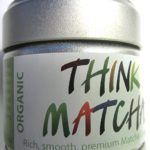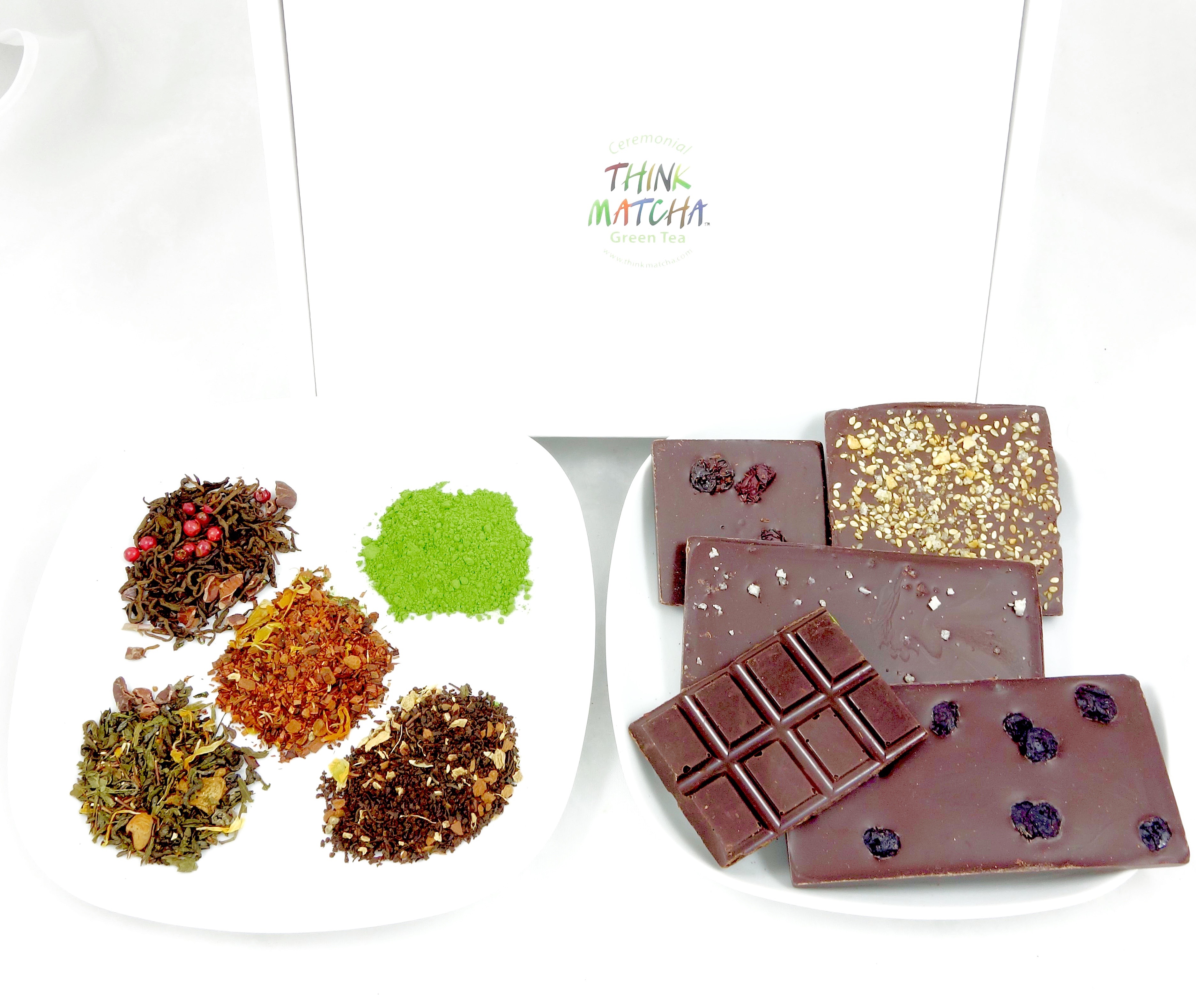Ensuring Purity of Think Matcha Teas: The Vital Role of Third-Party Testing for Heavy Metals in Tea

In the world of tea, where quality and purity are paramount, ensuring the safety of our beloved brews should be a top priority. Among our various quality control measures, third-party testing for heavy metals is a crucial safeguard. This blog post aims to shed light on the significance of third-party testing, specifically when it comes to detecting and mitigating the risks associated with heavy metals in tea.
Understanding the Threat: Heavy metals, such as lead, cadmium, mercury, and arsenic, occur naturally in the environment. They find their way into the soil through industrial activities, pollution, and certain agricultural practices. Tea plants, with their deep-rooted nature, are susceptible to absorbing these contaminants. Over time, heavy metal accumulation in tea leaves becomes a genuine concern, as they can pose health risks if consumed in excessive amounts.
To maintain the highest quality standards, Think Matcha and its producers rely on third-party testing laboratories that specialize in analyzing tea samples for heavy metal content. These independent testing entities play a crucial role in objectively assessing the safety of tea products, providing unbiased results that consumers can trust.
Ensuring Consumer Safety: Consumer safety is the primary objective of third-party testing for heavy metals in tea. By subjecting our tea samples to rigorous testing protocols, these independent labs help detect and quantify any presence of heavy metals. They compare the results against established safety limits set by regulatory authorities, such as the World Health Organization (WHO) and the European Food Safety Authority (EFSA). This ensures that the tea products meet or surpass the strictest safety standards, minimizing potential health risks for tea enthusiasts.
Quality Assurance: Beyond consumer safety, third-party testing serves as a quality assurance measure for Think Matcha and its producers. By proactively testing our teas for heavy metals, we demonstrate our commitment to delivering pure, high-quality products to our customers. Investing in such testing showcases our dedication to transparency and accountability, reinforcing trust and loyalty to our customers.
Transparency and Education: Third-party testing is a cornerstone of transparency within the tea industry. Tea shops and producers that embrace this practice not only demonstrate their commitment to safety and quality but also empower consumers with knowledge. Through educational initiatives and clear labeling, they help customers make informed choices by providing access to comprehensive information regarding heavy metal testing results.
In the ever-evolving world of tea, ensuring the safety and quality of our cherished brews is of utmost importance. Third-party testing for heavy metals plays a pivotal role in achieving this objective. By subjecting our tea samples to unbiased analysis, these independent laboratories provide invaluable insights, safeguarding consumer health and maintaining the highest quality standards. As a tea shop, we at Think Matcha prioritize third-party testing to ensure that the teas we offer are not only delightful in taste but also meet stringent safety criteria. With transparency and education, we aim to empower our customers to make informed choices, enabling them to enjoy their tea with peace of mind. Thank you for visiting our shop!
Disclaimer: The information provided on this website regarding the medical study results on the benefits of green tea is for informational purposes only. While we strive to present accurate and up-to-date information, we make no representations or warranties of any kind, express or implied, about the completeness, reliability, suitability, or availability of the study results mentioned.
The study results should not be considered a substitute for professional medical advice, diagnosis, or treatment. Individual results may vary, and it is always recommended to consult with a qualified healthcare professional before making any dietary or lifestyle changes based on the information provided.



